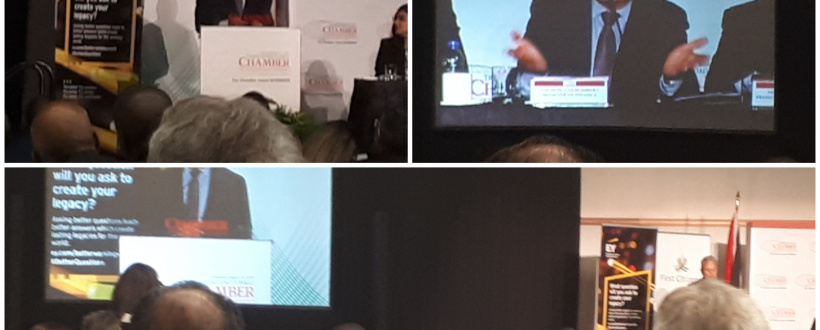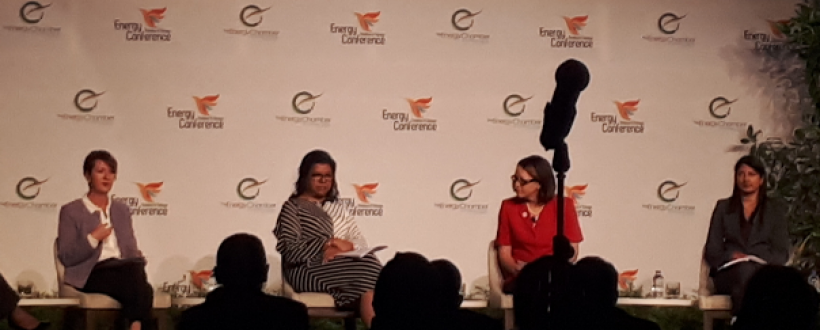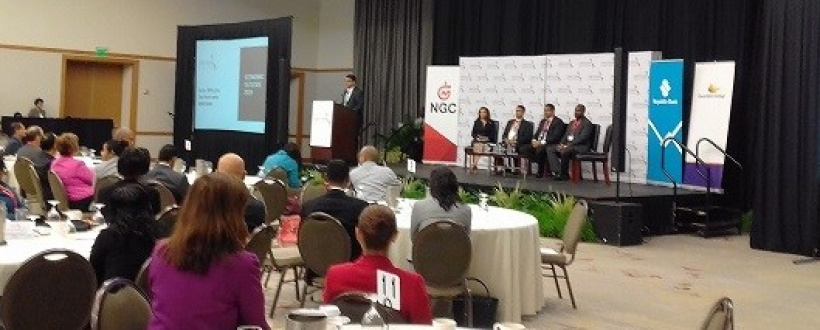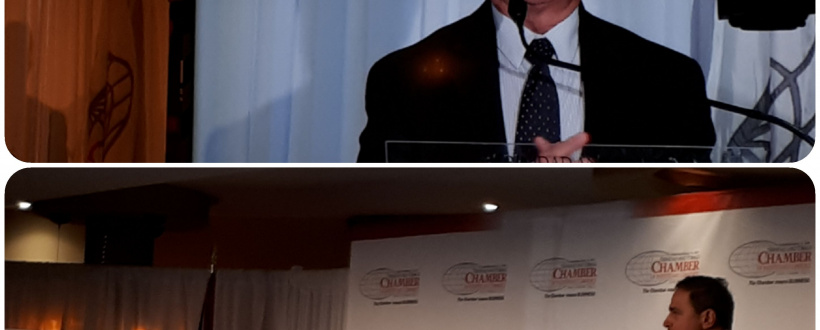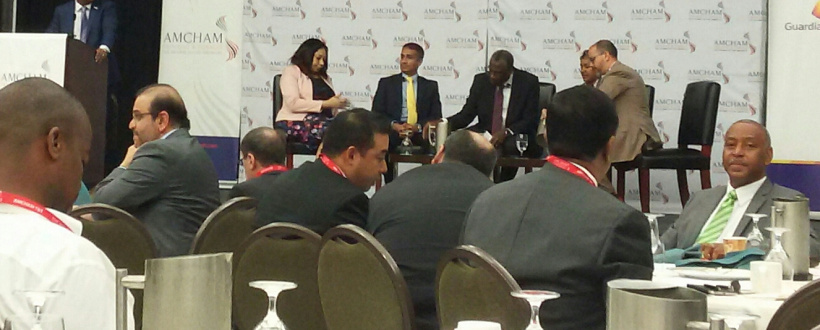This morning our General Manager, Shinelle Padmore, attended the T&T Chamber’s Post Budget 2020 Analysis at The Hyatt Regency. The Minister of Finance, Colmn Imbert, painted an optimistic picture for the T&T economy. He indicated that since assuming office his administration had increased revenue by US$11bn, reduced expenditure by 20%, and had moved the economy from a position of 3% economic decline to 0%. Minister Imbert said that he expects growth for the future. He said T&T’s non-energy sector had steadily grown over the last ten years and currently contributes 60% of GDP. He was optimistic about the future of the Oil & Gas Sector, highlighting BHP Billiton’s recent oil discovery which is expected to contribute to a 25% increase in national production in two years’ time. The Minister also highlighted Shell’s increased investment in T&T with an expected rise in gas production. Minister Imbert was unconcerned about our nation’s current debt to GDP ratio saying that 62% was below the targeted ratio of 65%, and the current level of debt, which is being supported by external financing, is facilitating increased spending in needed areas.
Wade George, Chairman-elect of EY Caribbean, highlighted areas for concern and presented solutions. His concerns included the current debt to GDP ratio of 62% and the high levels of transfers and subsidies that dominate national expenditure. Our country’s deteriorating ranking for ease of doing business, and foreign exchange issues. His solutions included the transformation of the economy through a digitalized tax administration system using a mobile app, which will eliminate the need to file tax returns and facilitate better, real-time, revenue collection. Wade George also suggested that through national consensus we should develop a plan to reduce the fiscal deficit and formulate an economic diversification strategy, as well as a plan to address the overvalued TT dollar.
